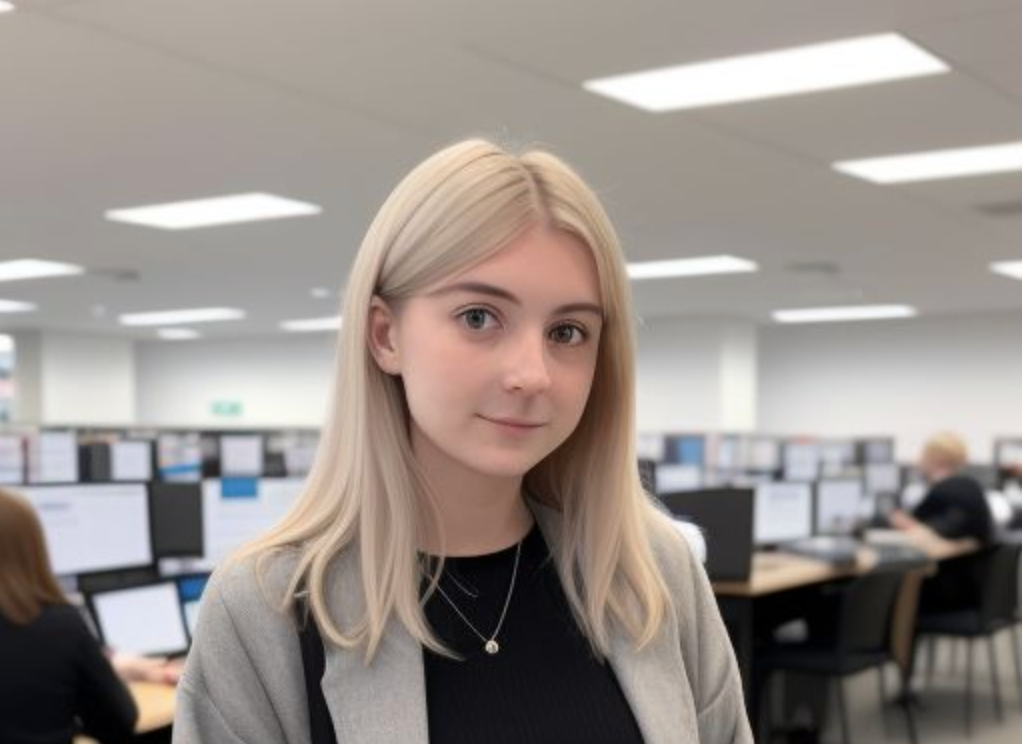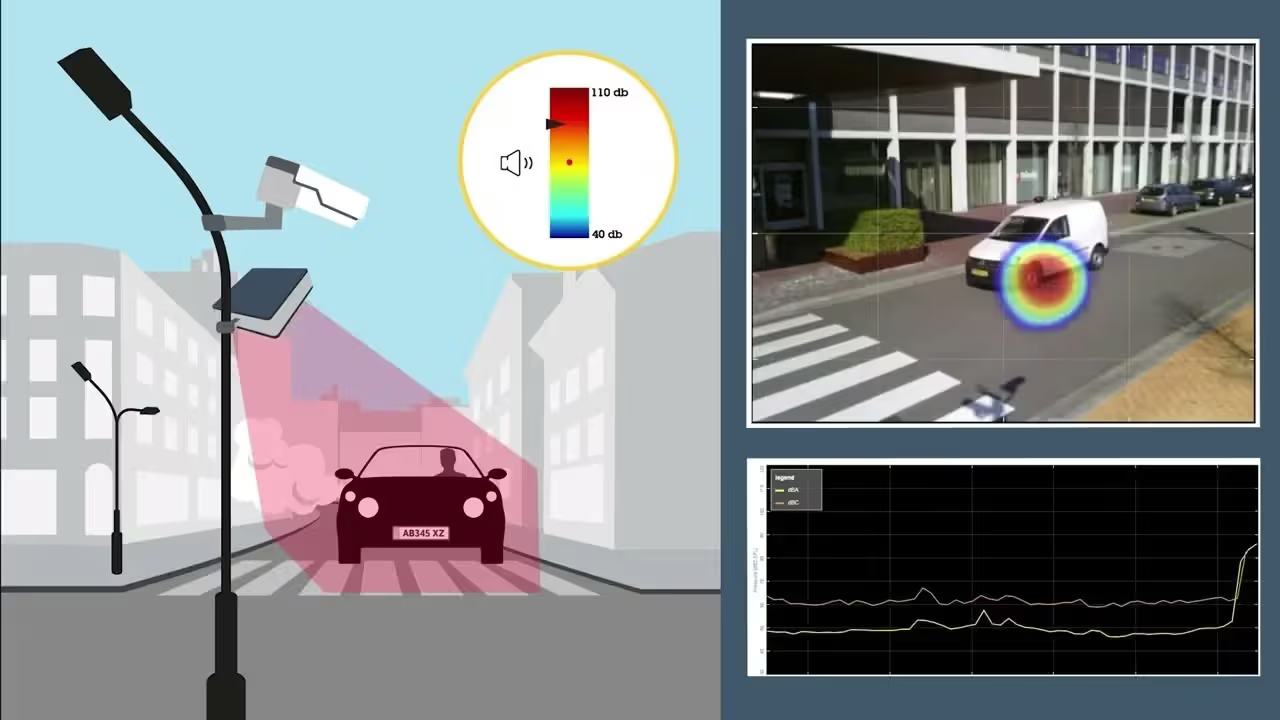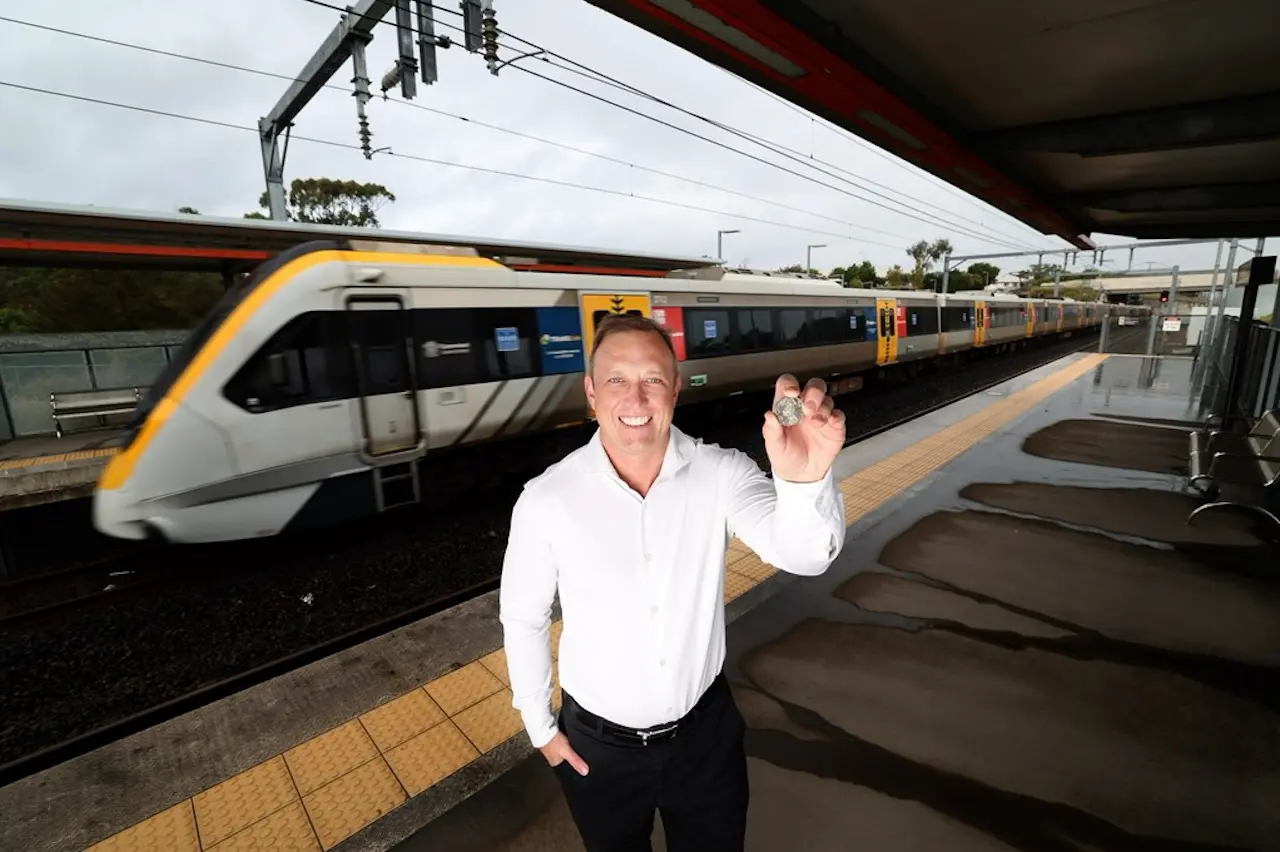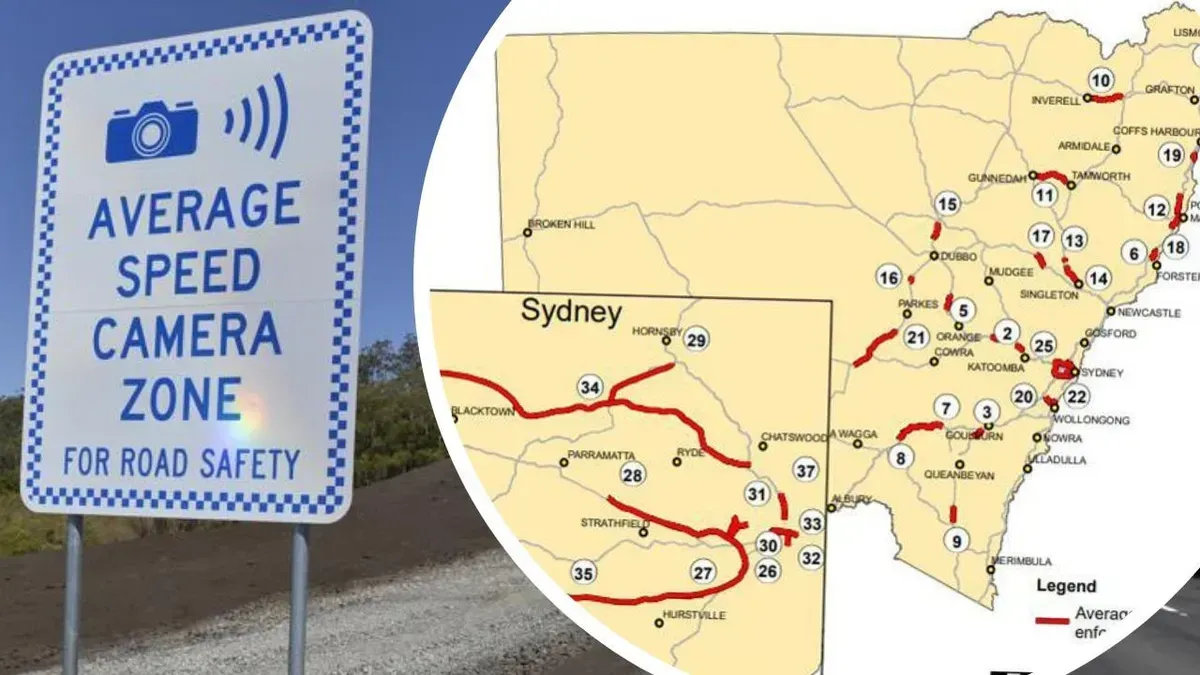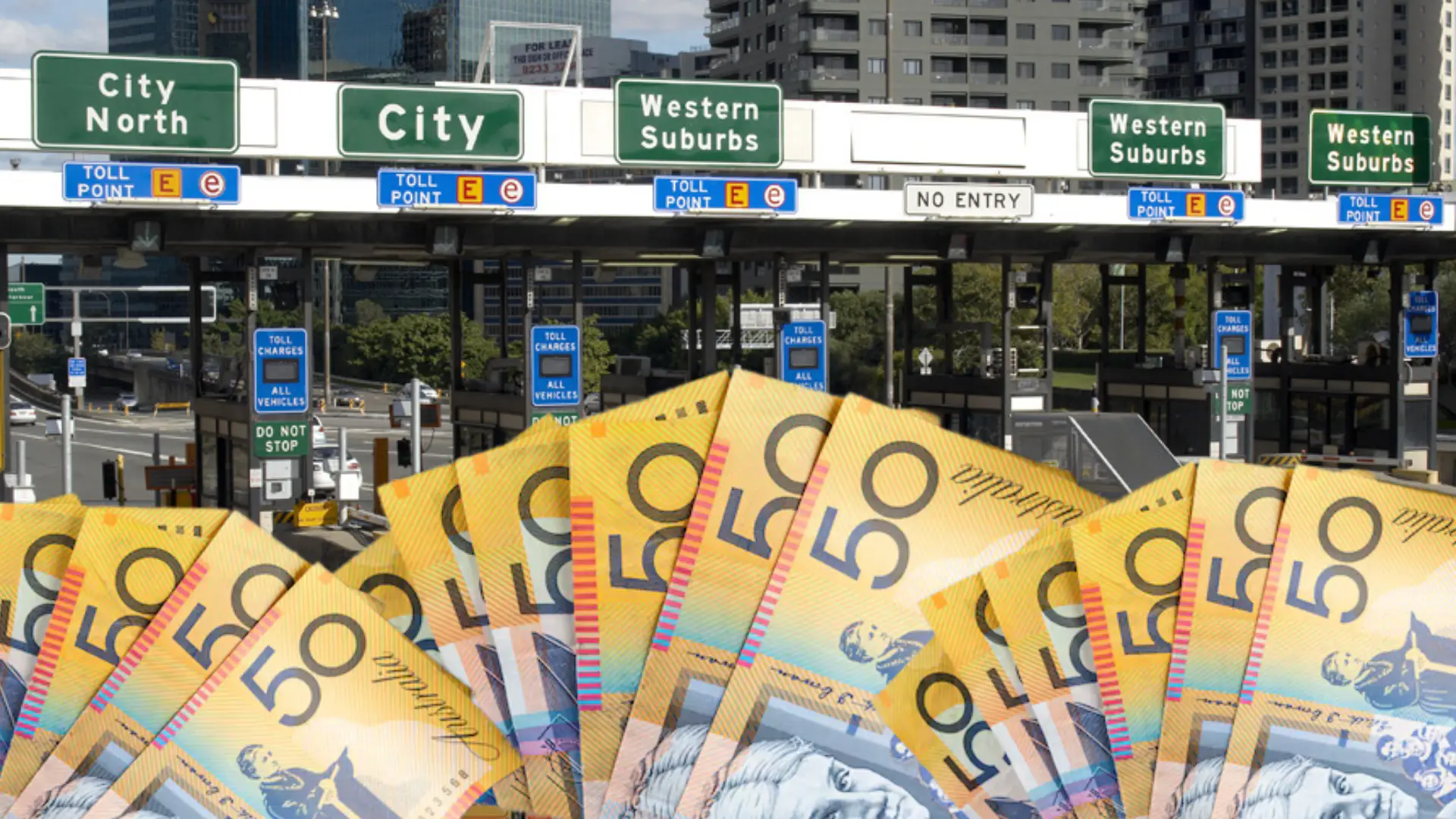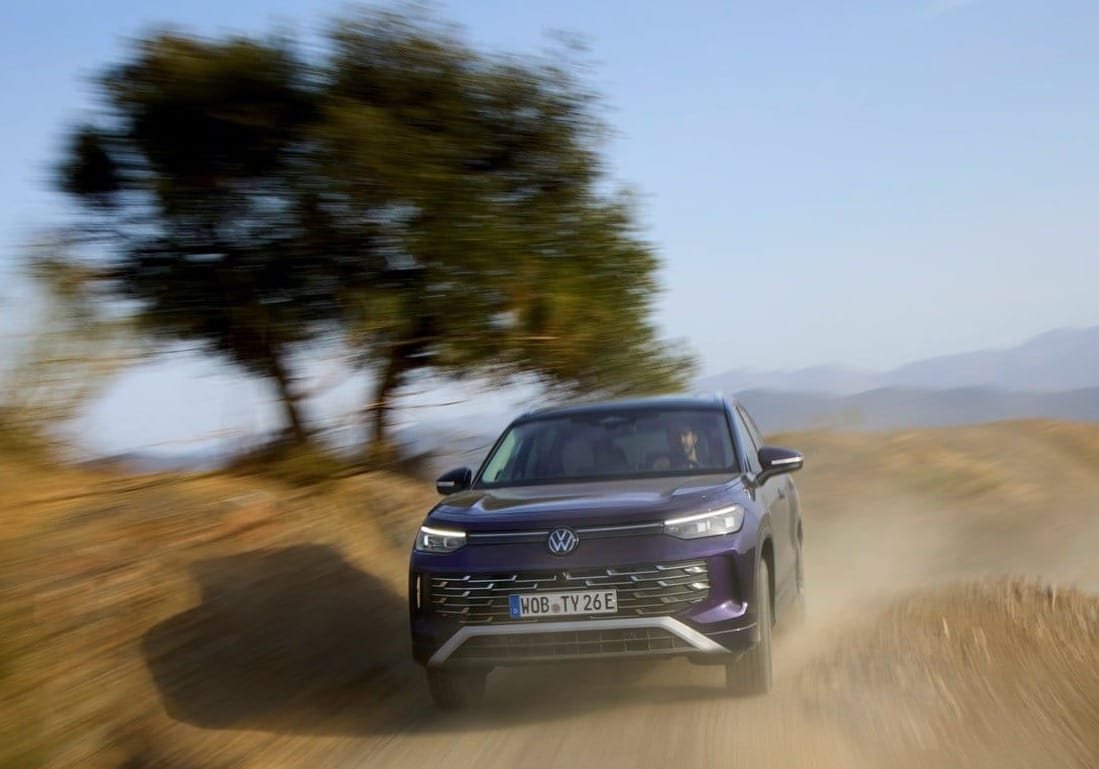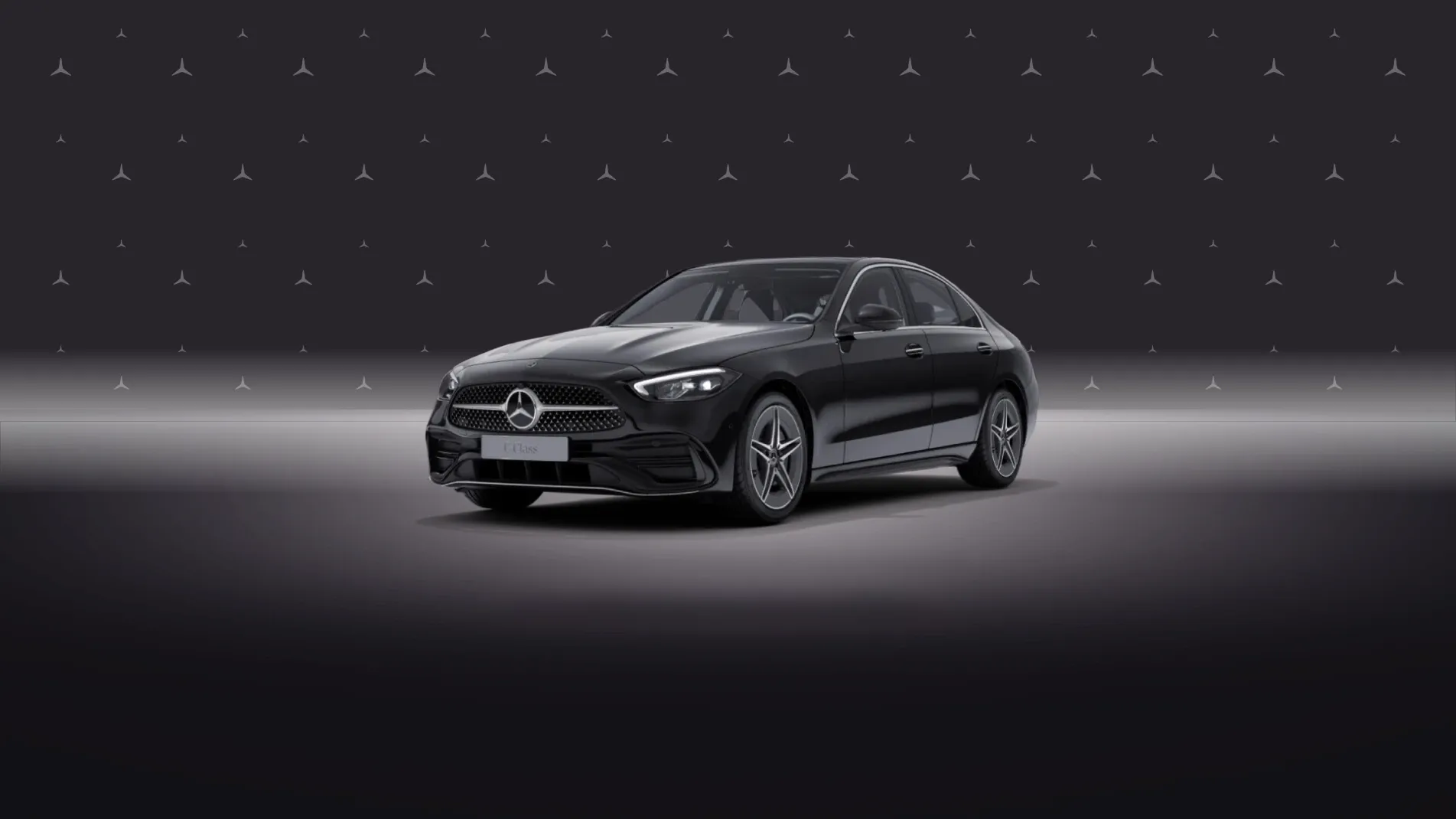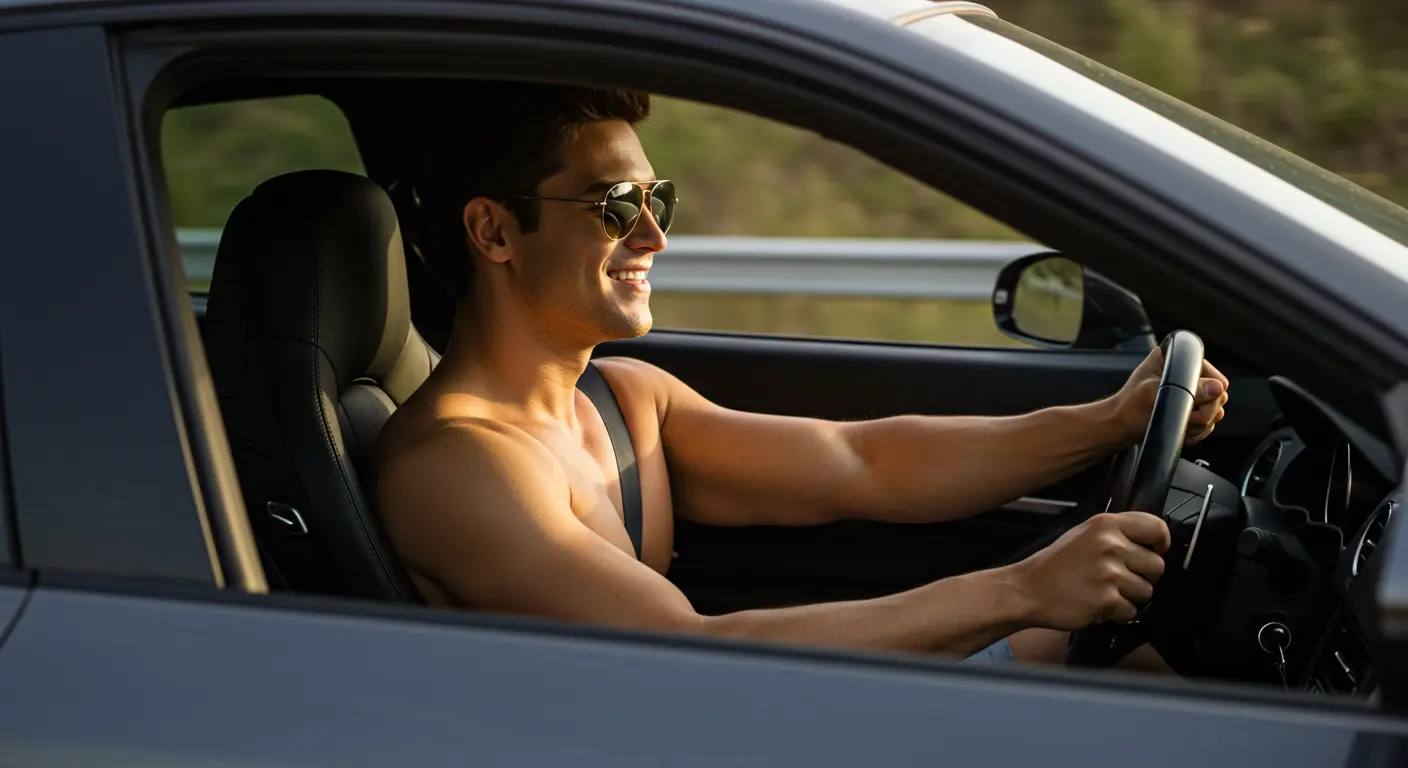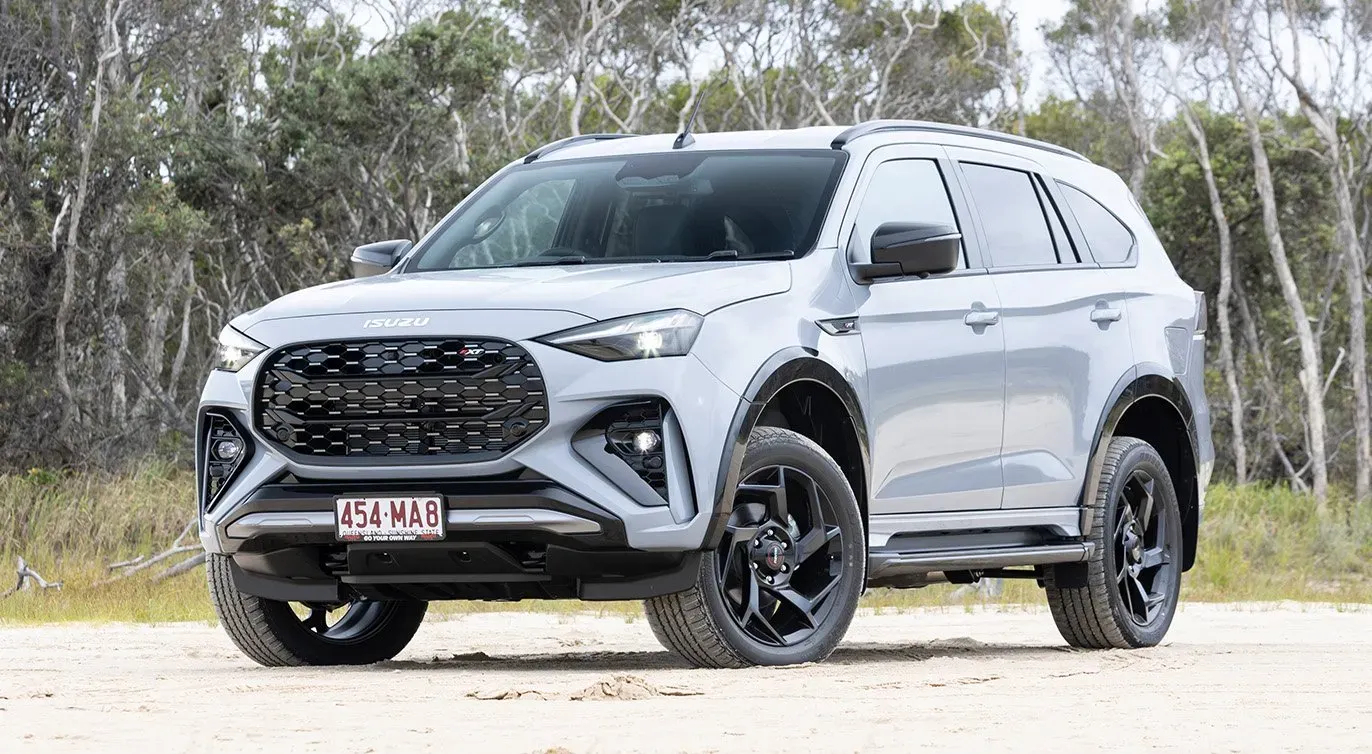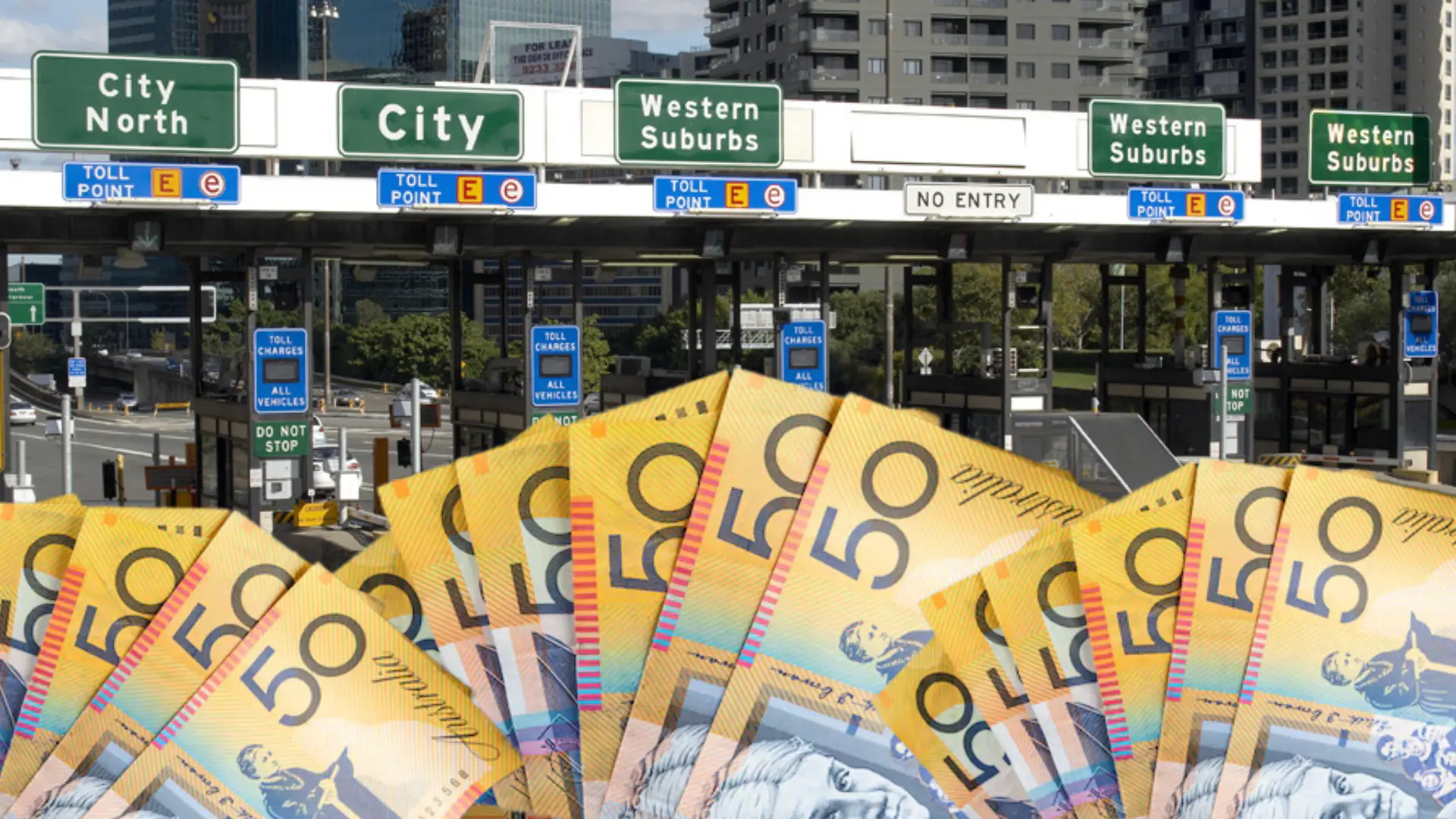Sydney is taking a bold step to address the rising concerns of hooning and anti-social behavior on its roads with the introduction of noise-activated cameras. The Bayside Council has announced a trial of this innovative technology, aimed at curbing loud and illegally modified vehicles that have been disturbing local communities.
Key Features of the Noise Cameras:
- Technology: The noise-activated cameras, dubbed "hoon-cams," will capture footage of vehicles exceeding noise limits while also recording license plates.
- Noise Regulations: Under NSW environmental laws, cars are limited to 90 decibels and motorcycles to 94 decibels. Fines range from $150 for minor violations to $600 for excessive noise levels.
- Community Response: The initiative follows numerous complaints from residents about noise pollution from hooning activities, including backfiring and aggressive acceleration.
Trial Details:
- The trial will be conducted in collaboration with the NSW Government, Environment Protection Authority (EPA), and local police.
- Locations for the cameras will be strategically chosen based on community input and historical data on hooning incidents.
Expected Outcomes:

- The cameras aim to deter hooning by issuing fines to offenders, thereby improving the quality of life for residents in affected areas.
- Previous initiatives using license plate recognition technology have shown promise in reducing anti-social behavior, suggesting that this new approach could yield similar results.
The introduction of noise-activated cameras represents a proactive approach to tackling hooning in Sydney. By leveraging technology to enforce noise regulations, authorities hope to create safer and quieter streets for all residents.
As the trial progresses, the effectiveness of these noise cameras will be closely monitored. If successful, this initiative could pave the way for broader applications across other regions facing similar issues with vehicle-related disturbances.


